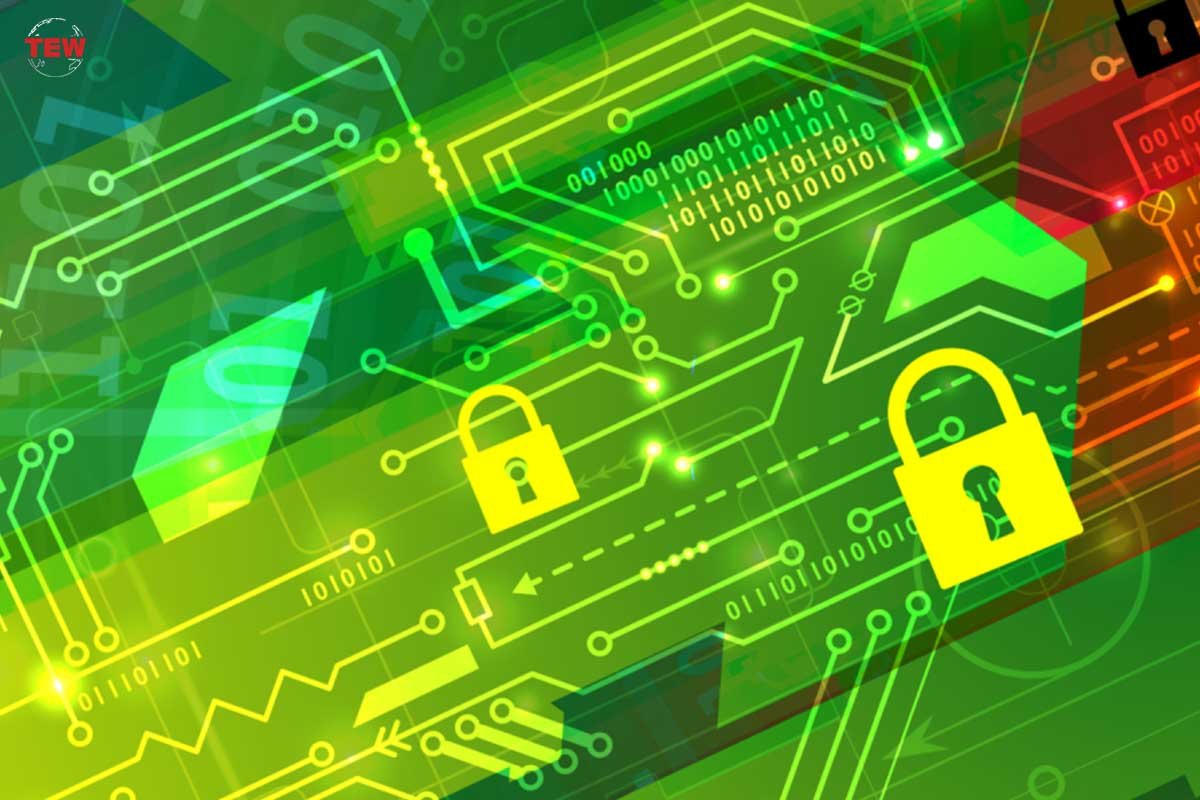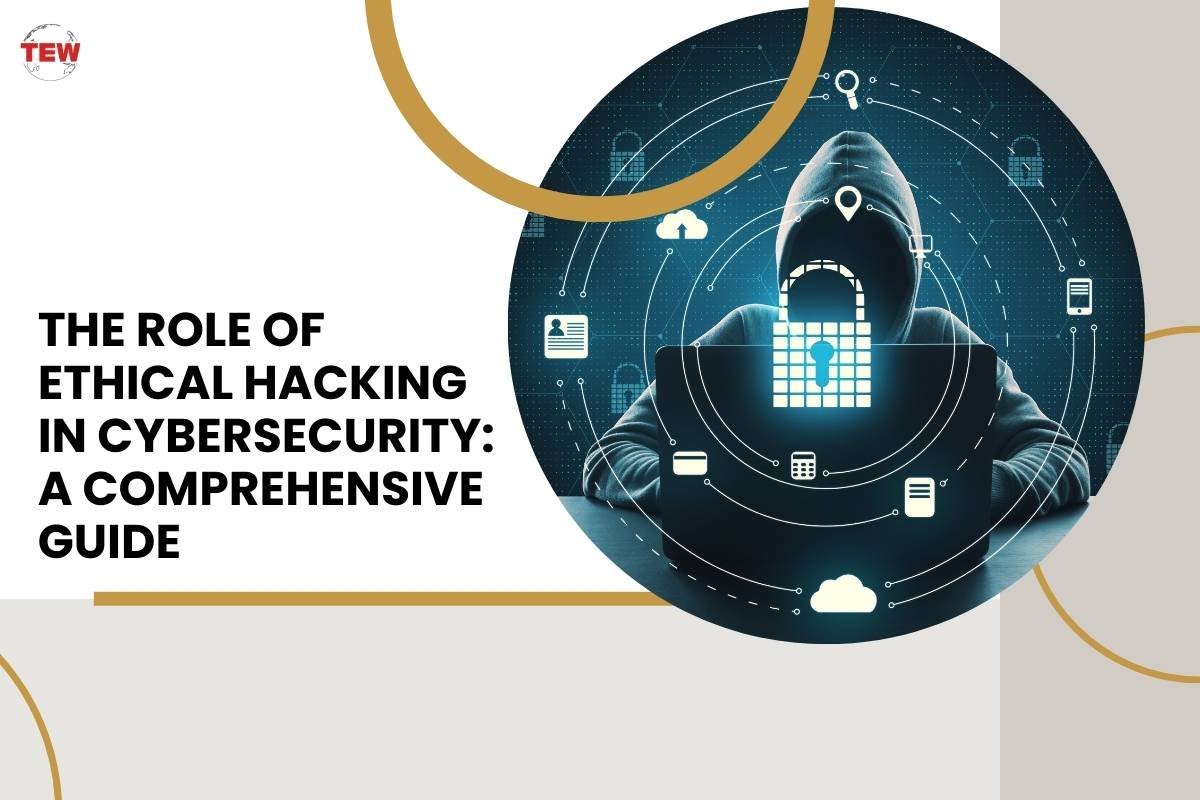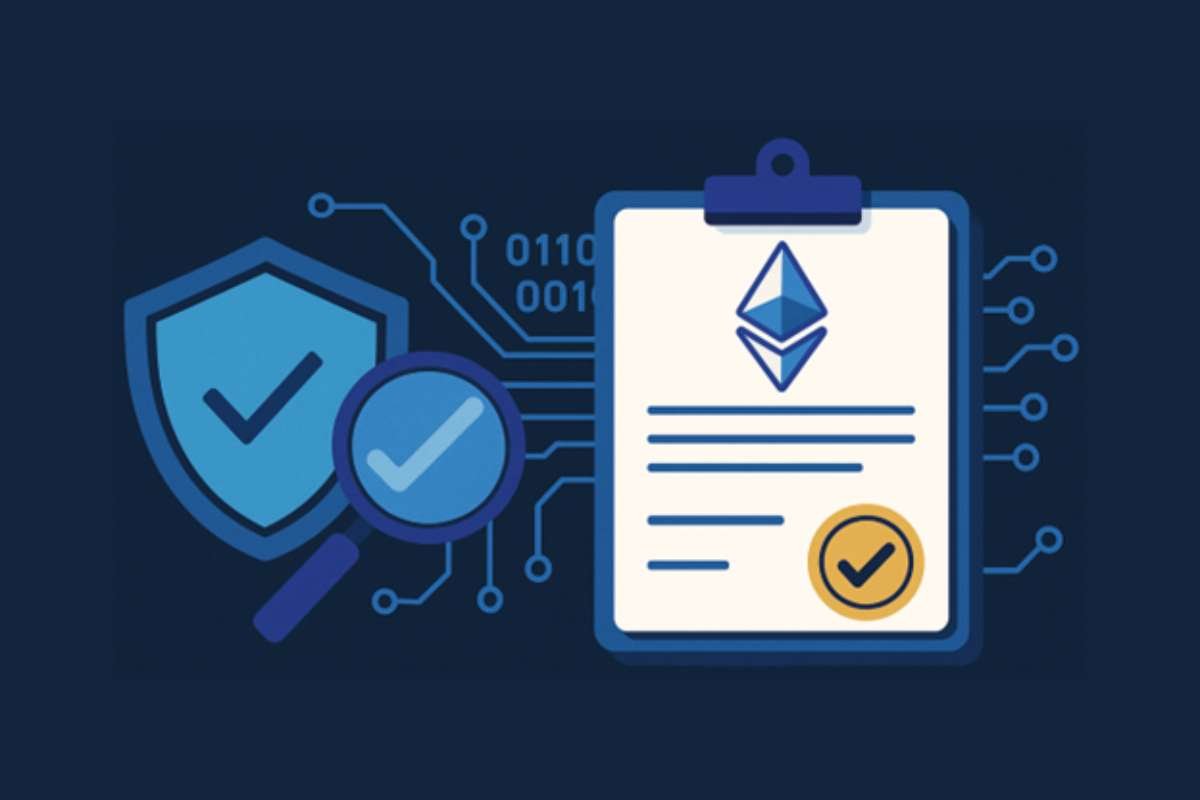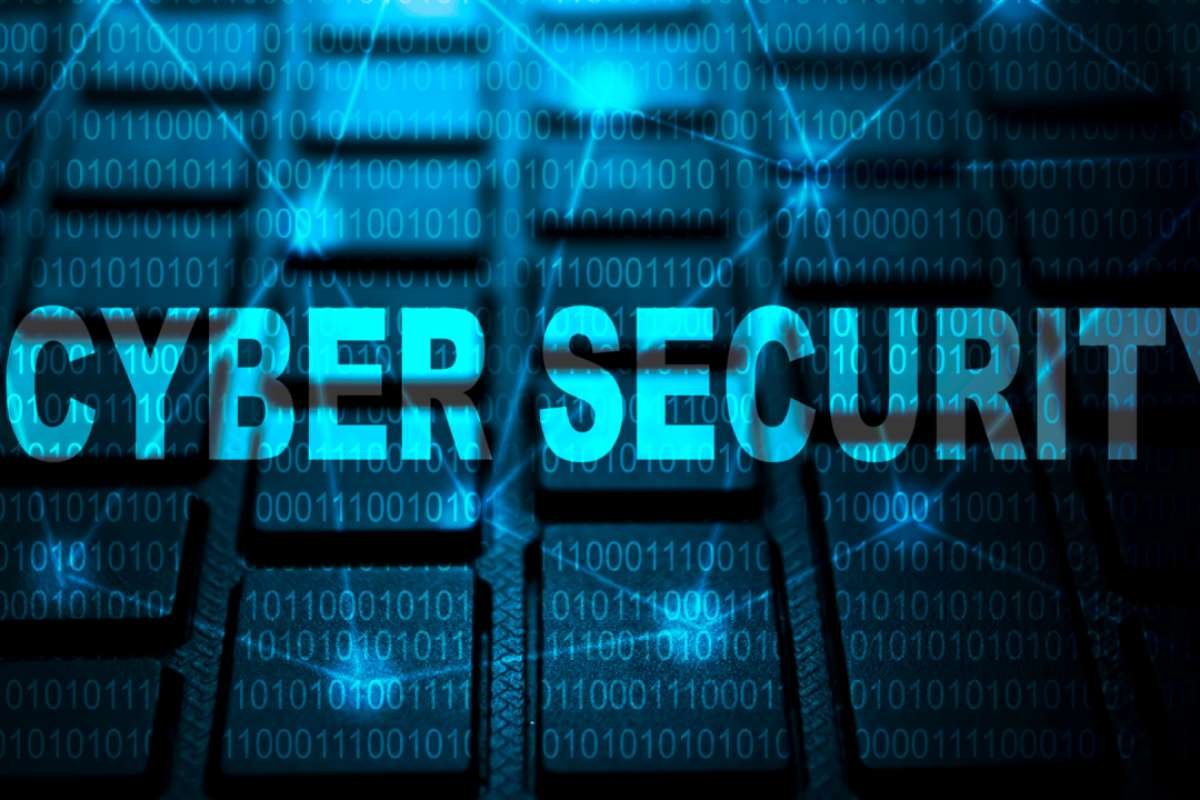While the term ‘hacking’ often carries a negative connotation, there exists a realm where hacking plays a pivotal, positive role in ethical hacking in cybersecurity. So, let’s learn about ethical hacking and what it involves.
What is Ethical Hacking?
Ethical hacking, also known as penetration testing or white-hat hacking, involves the same tools and knowledge that malicious hackers use. However, ethical hackers operate with a crucial difference—they have permission to breach systems. Their goal? To uncover vulnerabilities from a malicious hacker’s viewpoint, to better secure systems against future attacks.
Key Objectives of Ethical Hacking in Cybersecurity
- Identify vulnerabilities in a system or network.
- Assess the security posture of an organization from an internal and external perspective.
- Ensure compliance with regulatory requirements that protect data.
- Test security measures to ensure they work effectively under attack.
Why Ethical Hacking is Essential?

The cost of data breaches is not just financial but can also affect reputation, customer trust, and operational stability. Ethical hacking proactively defends against potential threats by identifying and fixing vulnerabilities before they can be exploited.
Common Techniques Used by Ethical Hackers
Ethical hackers employ a variety of techniques to simulate real-world attacks. Here are a few commonly used methods:
- Vulnerability Scanning – Automated software scans systems for known vulnerabilities.
- Penetration Testing – Manual or automated testing to exploit weaknesses in systems.
- Phishing Simulations – Mimicking attacks that seek to obtain sensitive information through deceit.
- Security Audits – Comprehensive examinations of an organization’s security setup.
Step-by-Step Process of Ethical Hacking
Ethical hacking involves several stages to ensure thorough testing and analysis. The typical process includes:
- Planning and Reconnaissance – Defining the scope and goals of a test, including the systems to be addressed and the testing methods to be used.
- Scanning – Running scans to understand how the target applications and systems behave under attack.
- Gaining Access – Using web application attacks, system and network attacks, and other methods to uncover vulnerabilities.
- Maintaining Access – Trying to maintain a persistent presence in the exploited system to understand the amount of time the cybercriminals can have inside the compromised system.
- Analysis – Documenting the vulnerabilities discovered, the sensitive data accessed, and the time the tester was able to remain in the system unnoticed.
Ethical Hacking Tools and Software

Ethical hackers use a myriad of tools to carry out their tests effectively. Some popular tools include:
- Nmap – For network mapping.
- Metasploit – Used for developing and executing exploit code against a remote target machine.
- Wireshark – For packet sniffing and network analysis.
- Burp Suite – Popular for testing web application security.
The Legal and Ethical Considerations
Ethical hacking is tightly bound by legal and ethical frameworks which ensure that the hackers’ actions are permissible and intended to improve security. Key considerations include:
- Authorization – Ethical hackers must have explicit permission from the organization that owns the system.
- Respect for Privacy – Any data that is accessed during testing must be handled according to both legal and ethical standards.
- Reporting – All vulnerabilities discovered during the tests must be reported to the organization.
How to Become an Ethical hacking in cybersecurity?
Here’s a quick roadmap:
- Educational Background – A degree in IT, computer science, or cybersecurity can lay a strong foundation.
- Master Technical Skills – Proficiency in coding and operating systems is crucial.
- Certifications – Credentials like Certified Ethical Hacker (CEH), Offensive Security Certified Professional (OSCP), and others are valuable.
- Continuous Learning – Cybersecurity is an ever-evolving field. Ongoing learning and adaptation are necessary.
FAQ: Uncovering More About Ethical Hacking

1. What is the difference between a black hat hacker and a white hat hacker?
Black hat hackers are individuals who exploit security vulnerabilities for personal gain or malicious intent without permission. White hat hackers, or ethical hackers, use similar skills but legally and ethically to help organizations strengthen their security defenses.
2. How often should ethical hacking be conducted?
Ethical hacking in cybersecurity should be performed regularly, as often as major system updates occur, or at least annually. This frequency ensures that new vulnerabilities are identified and mitigated before they can be exploited by malicious parties.
3. Can ethical hacking guarantee a completely secure system?
While ethical hacking significantly enhances the security posture of a system, no system can be 100% secure. Continuous monitoring, testing, and updating are necessary to keep up with evolving threats.
4. Are there any risks involved with ethical hacking?
If not done correctly, ethical hacking can inadvertently cause system downtimes or data breaches. This risk underscores the importance of hiring skilled, certified ethical hackers and clearly defining the scope and rules of engagement.
Conclusion:
Ethical hacking in cybersecurity is not just about breaking into systems but making them impenetrable. It’s an art that balances technical expertise with ethical integrity, making it a fascinating and crucial field in cybersecurity. Whether you’re an IT professional aiming to expand your skillset or a business looking to safeguard your operations, understanding and employing ethical hacking is more relevant today than ever.






